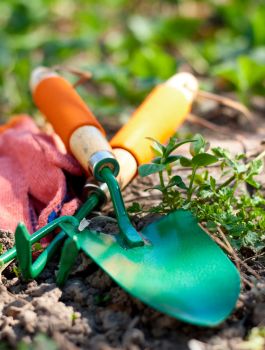Ice & Snow are a welcome break from the monotony of wet & windy Britain, but it can also be dangerous.
With Experts predicting a yellow weather warning for snow this Friday, it’s best to be prepared with some reliable Rock Salt.
Many business owners or thoughtful neighbours will take the initiative and put down salt to avoid injuries in their community, but there are several interesting considerations when choosing the correct variant of salt this year which may help you out.

As insinuated by our table above, there are strengths and drawbacks to the two kinds of commonly used road salts.
Brown Salt
Brown salt, found in natural rock deposits in the earth around Britain, is coarser, drier, easier to spread, cheaper to buy, and more energy efficient to collect, but it’s messy. It’s not ideal for business areas, or doorsteps, especially if you have carpeted floors, as the wet salt can leave a stain or scratch surfaces with its coarser texture.
White Salt
White salt is created by evaporating the water from the ocean, or salt pans across the world. Usually, our white de-icing salt found in the UK comes from Egypt, or Spain, and carries some considerable footprint as a result. But the product is cleaner, will not stain, is always readily available, and does not take away from the natural beauty of a snowy home driveway or backroad winter scene.
Our Thoughts
For most applications in most areas, we’re leaning towards brown salt. It’s far cheaper, and for general pavement and road use, there’s no great reason not to use it. But if you’re going to salt right up to the doorstep of your home or business, definitely go for the white salt. The marginal increase in cost is going to be worth it if you decide come February the carpet is wrecked beyond recognition.





















